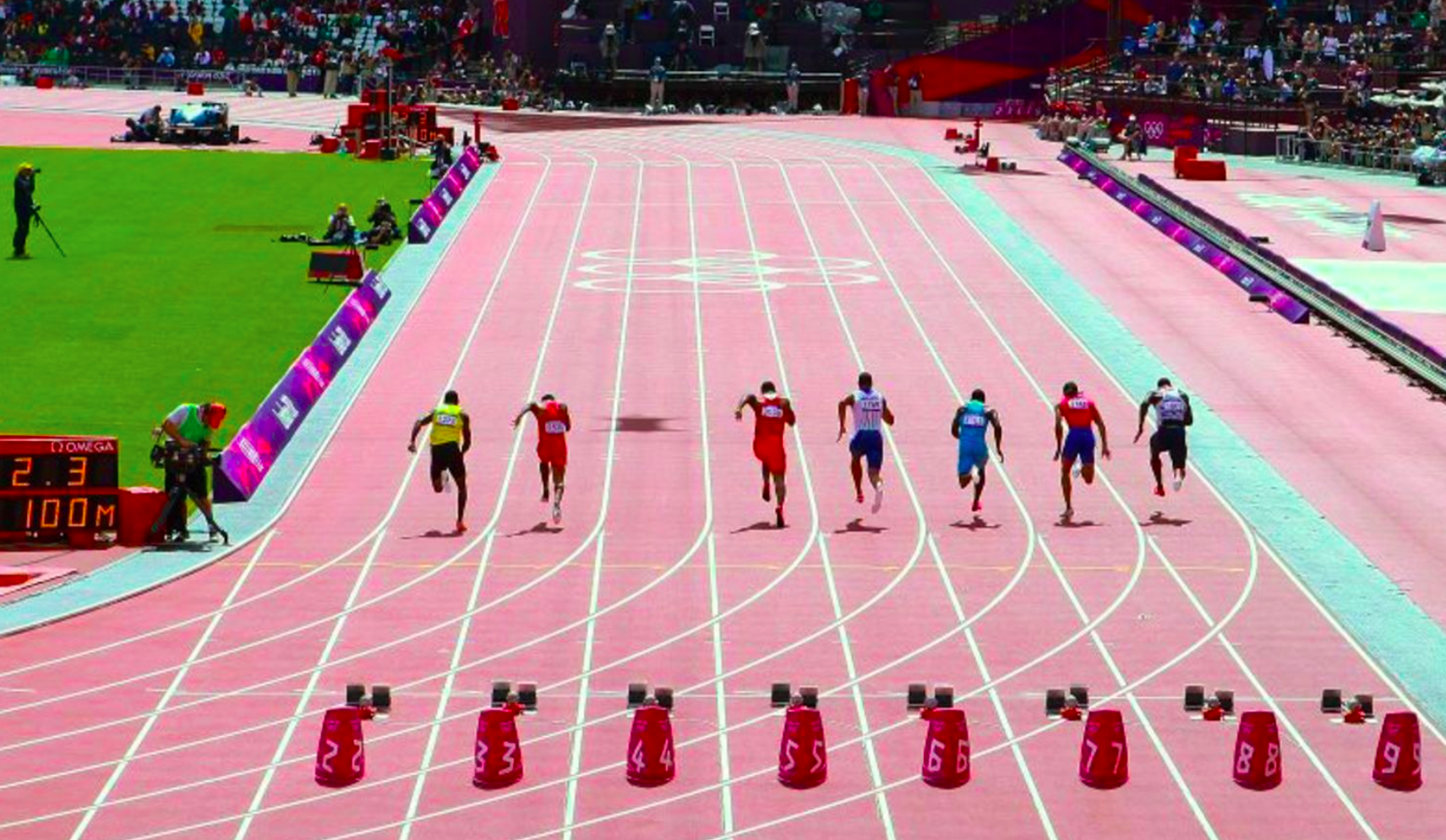
AI in Sports: Performance Analytics and Predictive Modeling
Artificial Intelligence (AI) has revolutionized various industries, and sports is no exception. From enhancing athlete performance to predicting game outcomes, AI is transforming the way we understand and engage with sports. In this blog post, we will delve into the significant impact of AI in sports, focusing on performance analytics and predictive modeling.
The Role of AI in Sports Performance Analytics
Performance analytics is crucial for athletes, coaches, and teams to gain insights into their strengths and weaknesses. AI technologies, such as machine learning and computer vision, have made it possible to collect and analyze vast amounts of data, providing a competitive edge.
AI-Powered Wearables and Sensors
Wearable devices and sensors are becoming increasingly popular among athletes. These tools can track various metrics, including heart rate, speed, distance, and even biomechanics. With AI, this data is analyzed to offer personalized insights and recommendations.
For example, Catapult Sports provides an AI-driven wearable system used by professional teams like Real Madrid and the New York Giants. The system offers real-time data on player performance, helping coaches make informed decisions on training and game strategies.
Video Analysis and Computer Vision
Computer vision technology allows AI systems to analyze video footage of games and training sessions. This technology can identify patterns, track player movements, and assess techniques.
An excellent example is Hudl, a platform that uses AI to break down game footage and deliver insights on player performance. Coaches can use this information to improve tactics and address areas that need improvement.
Predictive Modeling in Sports
Predictive modeling involves using AI algorithms to forecast future events based on historical data. In sports, predictive modeling is used for various purposes, from predicting game outcomes to player injury risks.
Game Outcome Predictions
AI can analyze historical data, player statistics, and even weather conditions to predict the outcome of games. This capability is valuable for coaches, analysts, and even sports bettors.
For instance, IBM Watson has been used to predict the outcomes of tennis matches at Wimbledon. By analyzing player statistics and match conditions, Watson provides accurate predictions that can help coaches strategize better.
Injury Risk Assessment
Injuries can significantly impact an athlete’s career and a team’s performance. AI can predict injury risks by analyzing factors such as player workload, biomechanics, and historical injury data.
An example is Zone7, an AI platform that assesses injury risk and provides recommendations to prevent injuries. Teams like AS Roma and the Seattle Sounders use Zone7 to keep their players healthy and reduce downtime due to injuries.
Actionable Tips for Integrating AI in Sports
While AI offers numerous benefits, its successful integration requires a strategic approach. Here are some actionable tips for teams and organizations looking to leverage AI in sports:
Start with Clear Objectives
Define what you aim to achieve with AI. Whether it’s improving player performance, reducing injuries, or enhancing fan engagement, having clear objectives will guide your AI strategy.
Invest in the Right Technology
Choose AI tools and platforms that align with your objectives. Look for solutions with a proven track record and positive user feedback.
Ensure Data Quality
AI relies on high-quality data to deliver accurate insights. Invest in reliable data collection methods and ensure data is clean and well-organized.
Train Staff and Athletes
Provide training for coaches, analysts, and athletes to understand and effectively use AI tools. This will maximize the benefits and ensure seamless integration.
Conclusion
AI in sports is a game-changer, offering unparalleled insights and predictive capabilities. Whether it’s through performance analytics or predictive modeling, AI is helping athletes and teams reach new heights. By understanding and integrating AI strategically, the sports industry can continue to innovate and excel.
As technology continues to evolve, the potential for AI in sports is limitless. Stay ahead of the curve by embracing AI and harnessing its power to transform performance and prediction in the world of sports.



